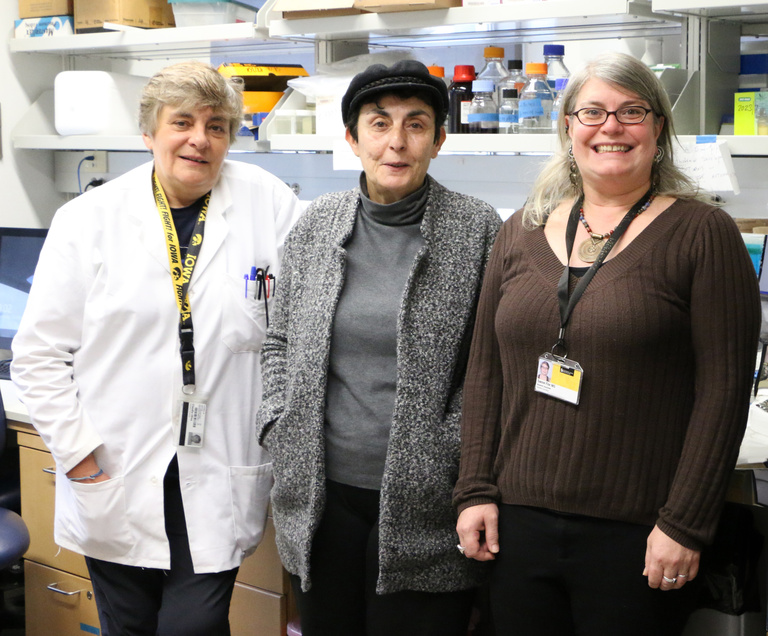
A defining hallmark of glioblastoma is altered tumor metabolism. The metabolic shift towards aerobic glycolysis with reprogramming of mitochondrial oxidative phosphorylation, regardless of oxygen availability, is a phenomenon known as the Warburg effect. However, in addition to the Warburg effect, glioblastoma tumor cells also utilize the oxidative phosphorylation in a different capacity than normal tissue. Our lab was among the first to describe the importance of mitochondrial respiratory complexes on tumor growth and resistance to therapy. We have identified several important metabolic dependencies of brain tumors that contributes to tumor progression. The overall goal of our lab is to perform research that contributes to a better understanding of metabolic vulnerabilities in brain cancer and the associated therapeutic opportunities.